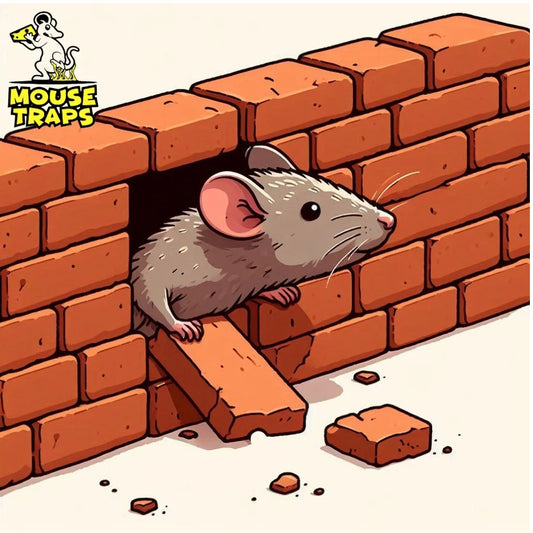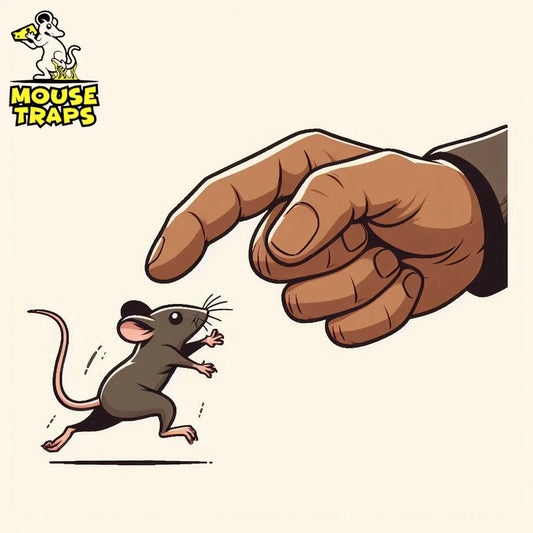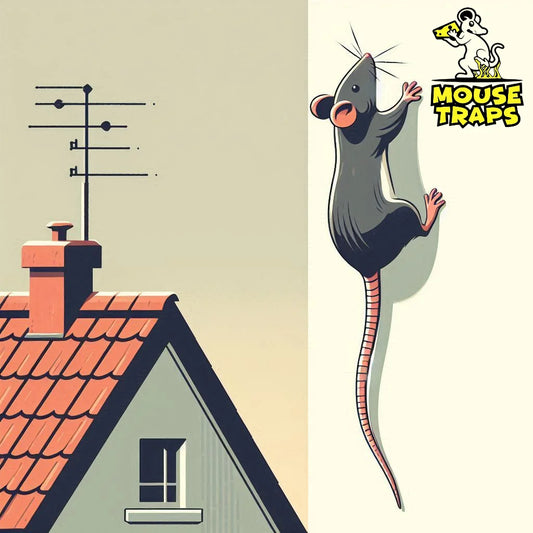Introduction:
What lurks in the shadows of the urban landscape? Rats! While they may seem harmless or even cute to some, these rodents carry significant health risks, particularly in densely populated areas like the UK. So, what exactly are the risks of rat-borne diseases in the UK?
Understanding the Rat Menace:
Rats aren't just nuisances; they carry diseases that can seriously endanger health. Here's a closer look at the dangers they bring:

Transmission of Diseases: Rats can transmit diseases through their urine, feces, and bites.
Common Diseases: Diseases spread by rats include Leptospirosis, Salmonellosis, and Rat-Bite Fever.
Environmental Impact: Rats can also cause damage to property and infrastructure, leading to economic losses and environmental degradation.
Assessing the Risks:
How prevalent are rat-borne diseases in the UK, and what factors contribute to their spread?

Urbanization: With the rapid growth of urban areas, rat populations have found ample habitats in cities and towns.
Poor Sanitation: Inadequate waste management and hygiene practices create ideal conditions for rats to thrive.
Climate Change: Climate variations can impact how rats move around and act possibly making the transmission of diseases worse.
Human Behavior: Improper food storage and disposal attract rats to residential and commercial areas, increasing the risk of disease transmission.

Mitigating the Threat:
What steps can individuals and communities take to reduce the risk of rat-borne diseases?

Maintaining Hygiene: Proper sanitation practices, such as storing food in sealed containers and disposing of waste properly, can deter rats.
Rodent Control Measures: Implementing rodent control strategies, such as trapping and baiting, can help reduce rat populations.
Public Awareness Campaigns: Raising awareness among the community about the dangers linked to rats can inspire people to change their behavior and take action.
Collaborative Efforts: Collaboration, among community leaders businesses and locals is crucial, for rat management and disease prevention.
Case Studies: Rat-Borne Outbreaks
Instances of rat-borne disease outbreaks serve as cautionary tales, highlighting the importance of proactive measures:
Leptospirosis Outbreak: In 2019, an outbreak of Leptospirosis in the UK resulted in several cases of severe illness, prompting authorities to intensify rat control efforts.
Salmonellosis Incidents: Cases of Salmonellosis linked to contaminated food and water sources have been reported across the UK, underscoring the need for improved hygiene practices.
Urban Infestations: Urban areas have been facing issues, with rat infestations leading to worries about health and prompting demands, for pest control efforts.

Note:
Live Humane Mouse Traps:
Live humane mouse traps are designed to capture mice without harming them. These traps typically consist of a small box or container with an entry point that allows the mouse to enter but not exit. Once inside, the mouse triggers a mechanism that closes the entry point, trapping them inside until they can be released elsewhere. These contraptions are typically crafted from materials, like plastic or metal. Can be used repeatedly.
Click Here To Buy Live Humane Mouse Traps

Benefits of live humane mouse traps:
- Non-lethal: These traps allow you to capture mice without harming them, making them a more humane alternative to traditional snap traps or poison.
- Environmentally friendly: Live humane mouse traps do not use chemicals or toxins that could harm the environment or other animals.
- Reusable: Unlike single-use traps, live humane mouse traps can be reused multiple times, making them a more cost-effective option in the long run.
- Safe: Since these traps do not use poison or spring-loaded mechanisms, they pose less risk to children, pets, and other non-target animals.
- Easy release: Once a mouse is captured, it can be easily released unharmed in a suitable outdoor location away from your home.
Sticky Glue Mouse Pad Traps:
Sticky glue mouse pad traps, on the other hand, are designed to catch mice using a strong adhesive surface. These mouse traps are made of a board covered in a substance that catches mice when they touch it.
Click Here To Buy Sticky Glue Pads Mouse Traps

Benefits of sticky glue mouse pad traps:
- Easy to use: Sticky glue mouse pad traps require minimal setup and can be placed in areas where mice are likely to travel.
- No bait needed: Unlike other types of traps, sticky glue mouse pad traps do not require bait to attract mice.
- Versatile: These traps can be placed in various locations, including along walls, in corners, or under furniture, making them suitable for use in both residential and commercial settings.
- Safe: Sticky glue mouse pad traps are generally safe to use around children and pets since they do not contain any toxins or hazardous materials.
- Cost-effective: Sticky glue mouse pad traps are often inexpensive and can be purchased in bulk.
FAQs: Frequently Asked Questions
Q1. Can rat-borne diseases be fatal?
Yes, some rat-borne diseases can be fatal if left untreated, particularly in cases of severe infection or complications.
Q2. How can I tell if my home is infested with rats?
Signs of a rat infestation include droppings, gnaw marks, and unusual noises, such as scratching or scurrying sounds in walls or ceilings.
Q3. Are there any natural methods for controlling rat populations?
While some natural methods, such as using essential oils or predator urine, may deter rats temporarily, professional pest control measures are typically more effective for long-term management.
Q4. What should I do if I suspect I have been exposed to a rat-borne disease?
If you suspect that you may have come into contact, with an illness transmitted by rats it is important to seek help and inform your healthcare provider about any symptoms or situations that might be relevant.
Q5. How can communities work together to combat rat infestations?
Neighborhoods have the opportunity to work together on projects, like organizing up events raising awareness through campaigns and pooling resources, for control activities.
Conclusion:
To sum up the threat of borne illnesses, in the UK is substantial; however through actions and communal collaboration we can reduce these risks. By grasping rat behaviors advocating for cleanliness and employing pest management tactics we can uphold well being and establish safer surroundings for everyone. Lets unite to combat the rat problem and shield our communities from danger.




